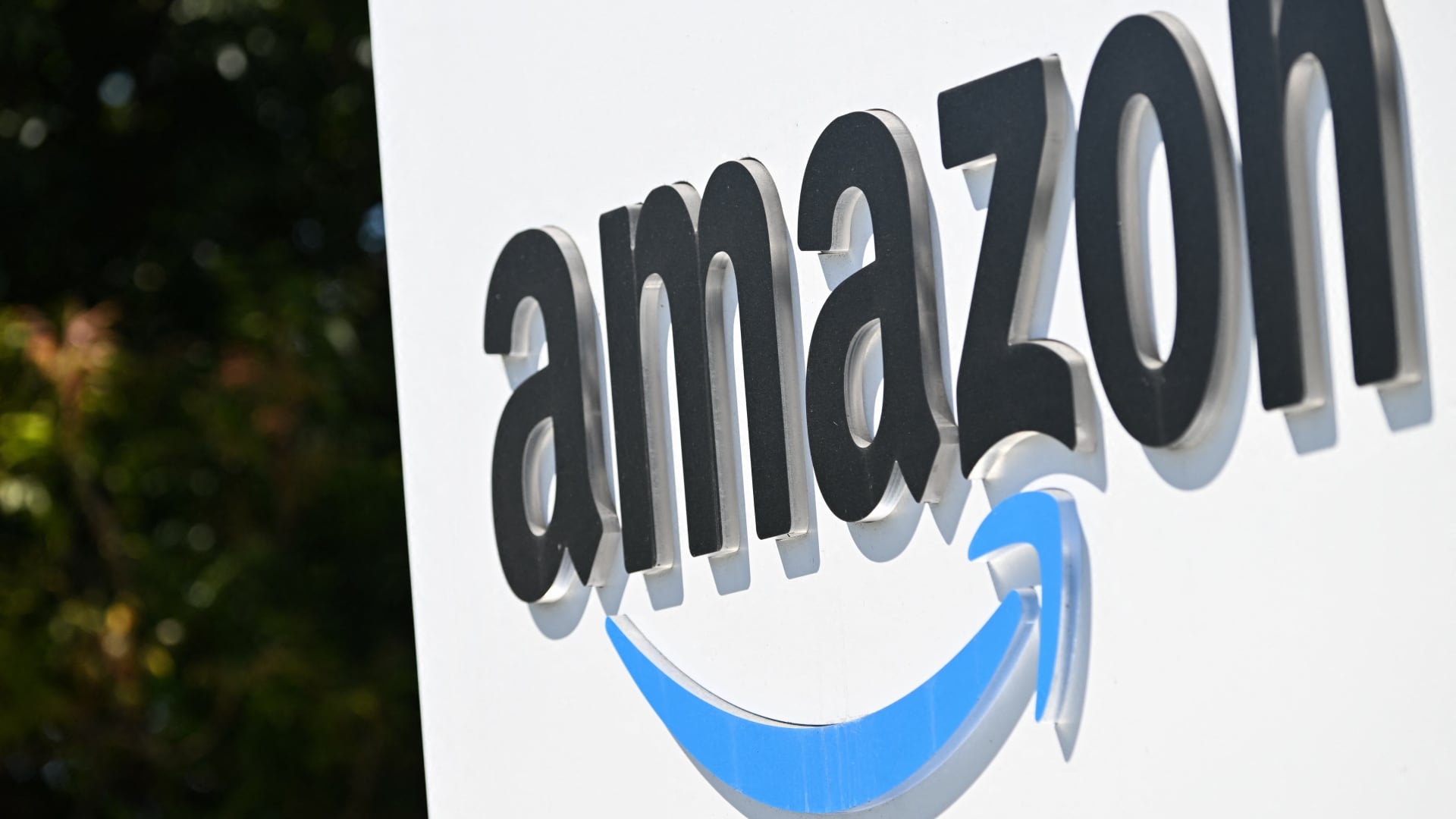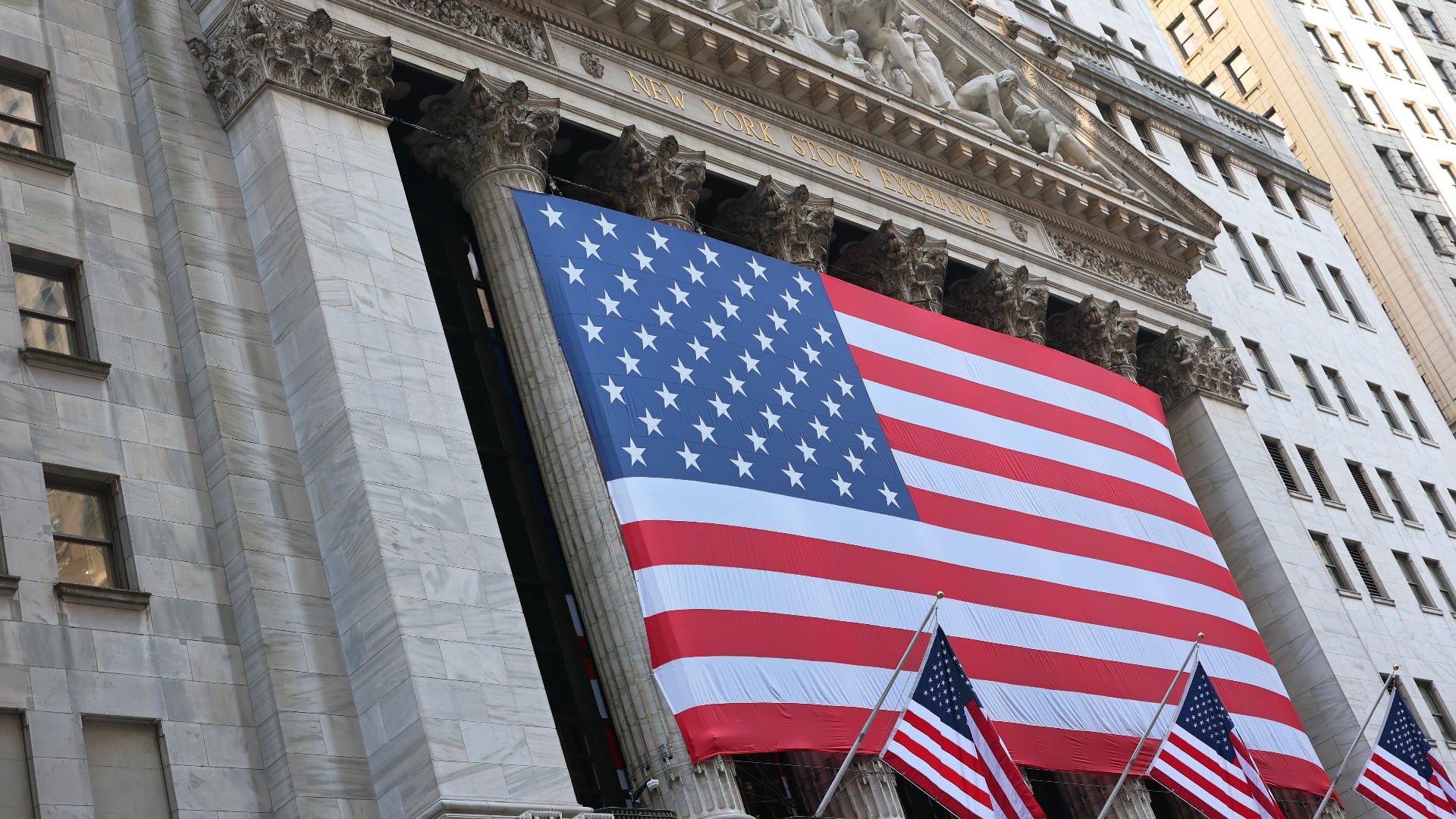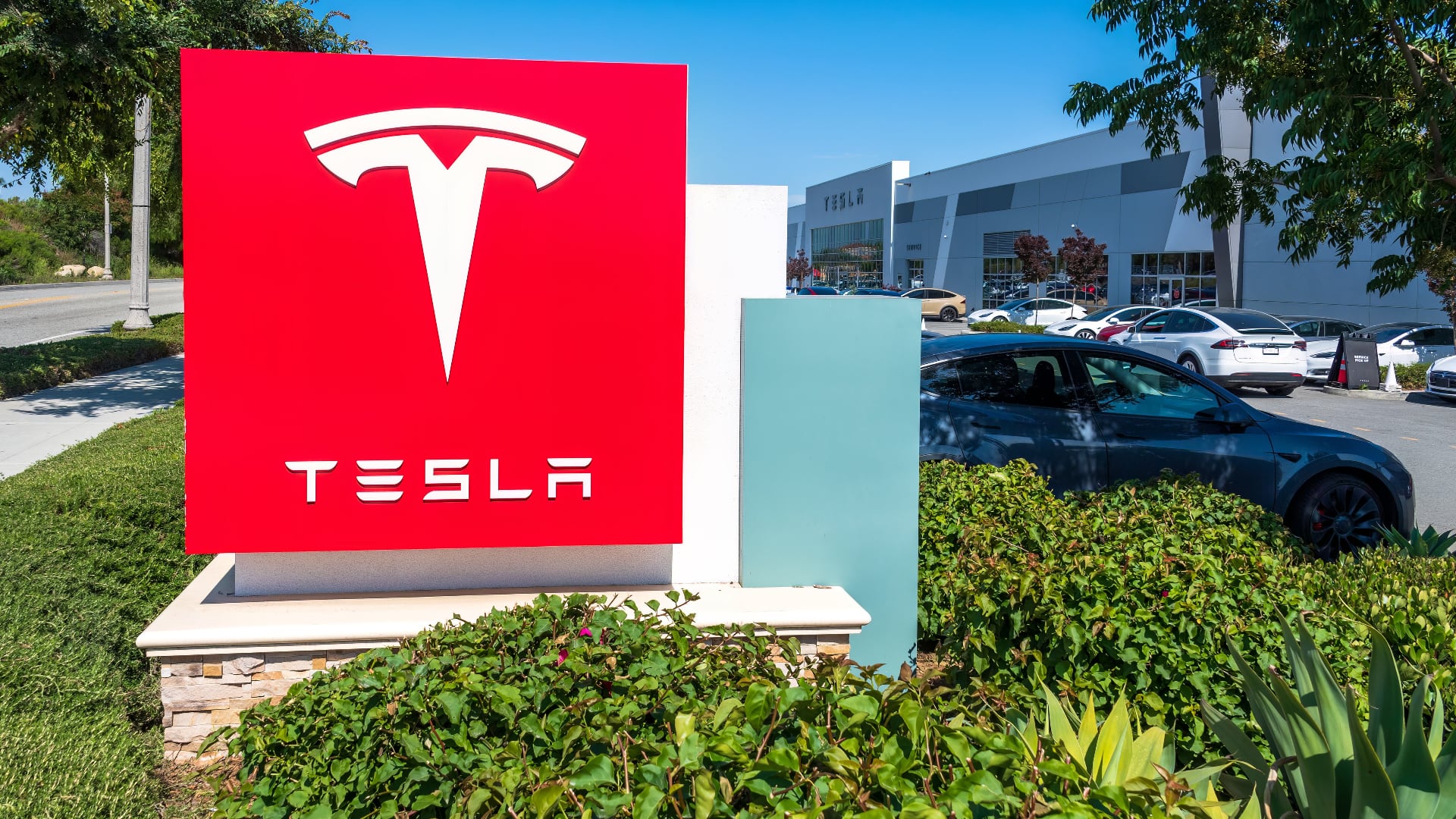Streaming services like Spotify and Apple Music have radically changed the music industry, not only affecting the way people listen to music but also how artists and music creators get paid. It has been more than a year since Congress passed the Music Modernization Act that ensures songwriters get paid when digital services use their work, and the Recording Academy is the body working to make certain that music creators get what they say is their fair share.
The Recording Academy recently named Grammy award-winning singer-songwriter Jason Mraz as its District Advocate Ambassador, which brought him to Washington, DC to advocate for artists.
"It's the wild west in music," Mraz told Cheddar. "The bonus is there are more music creators now than ever before — you don't have to have a certain lane open for you, you can make music anywhere, anytime with a variety of technology."
Getting a song played on the radio can be a pretty big moment for most performers, and many might, mistakenly, believe a large payday will follow. "Radio is the one place artists don't get paid: songwriters get paid, but artists actually don't get paid," Mraz said.
Congress recently introduced the Ask Musicians for Music Act (AM-FM), which aims to revise existing copyright laws and would require digital services to get permission from music creators to use their work.
The House also passed the Copyright Alternative in Small-Claims Enforcement Act of 2019 (CASE Act) that would set up small claims courts to decide copyright cases. The bill is currently in the hands of the Senate.
As the internet and technology disrupted the music industry, and streaming services were born, existing copyright laws for artists and music creators have been slow to keep pace. "We want to make sure songwriters and music creators can defend their works properly in a court of law," Mraz said.
However, the internet has also opened the door for new artists to create their own "lane" because it is no longer a necessity to have a record label behind you to publish music.
"That actually makes more artists and music creators than ever that need support and protections," according to Mraz.












